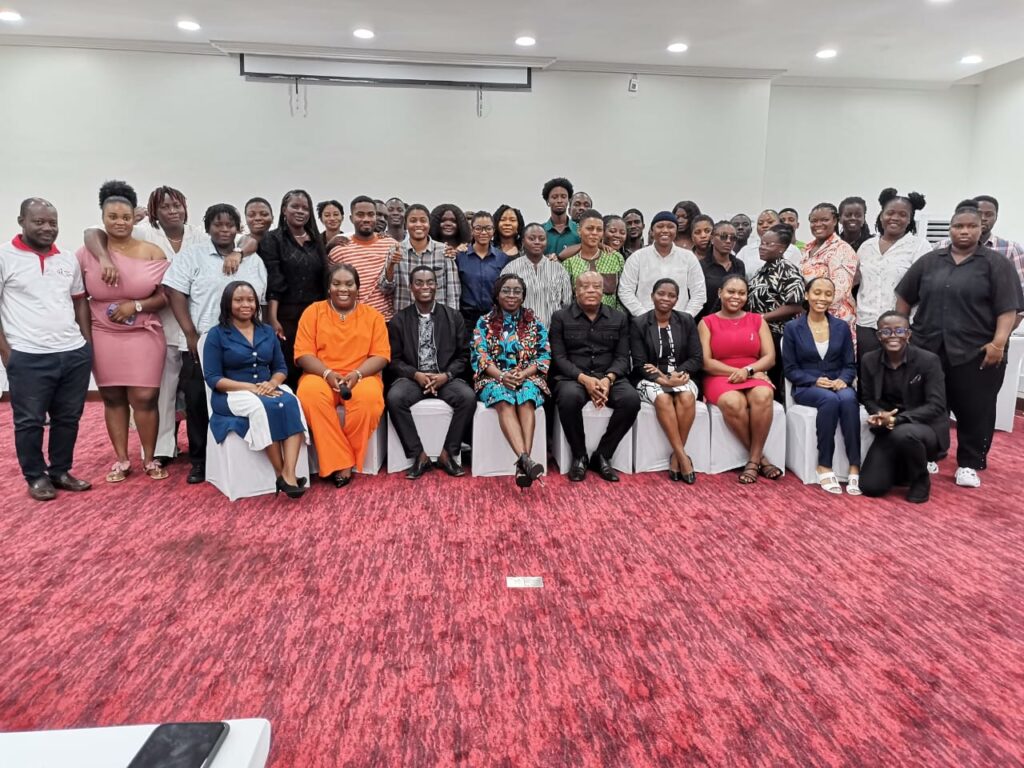By: Emmanuel Amoah
Ghana’s unemployment crisis can be effectively addressed by embracing Technical and Vocational Education and Training (TVET), according to Felix Mets, Principal of Pilot Technical Institute. By integrating TVET with entrepreneurial skills, Ghana can bridge its skills gap and achieve development milestones similar to those of Japan, South Korea, Germany, and Canada.

Key Highlights from the Graduation Ceremony
At a recent graduation ceremony for 40 young adults trained in practical and entrepreneurial skills, including painting and Information Communication Technology (ICT), Mets underscored the vital role of TVET in Ghana’s development. He pointed out that neglecting TVET has been a significant obstacle to the country’s progress but stressed that it is not too late to rectify this issue.
Strategic Collaboration for Youth Empowerment
The training program, a collaboration between the Ghana Technical and Vocational Education and Training (TVET) Service and the Human Rights Advocacy Centre (HRAC), aims to equip unemployed youth with employable skills for thriving in technology-related fields. HRAC’s Executive Director, Modupe Anorkplim Nukunu, highlighted the importance of education and practical skills in curbing social vices and fostering economic growth.
Supporting Entrepreneurial Ventures
The program goes beyond technical training, offering support for students in registering their businesses, creating websites, and developing business plans. This holistic approach ensures that graduates are not only skilled but also ready to embark on entrepreneurial ventures.
Success Stories of Graduates
Graduates like Sharifa Muniru and Rachael Tamatey, who have achieved economic independence through their training as professional painters, exemplify the transformative impact of TVET in Ghana. Their success stories serve as inspiring examples of how practical skills and entrepreneurship can empower individuals and contribute to national development.
Conclusion
Felix Mets’s advocacy for TVET, supported by collaborative efforts between educational institutions and advocacy groups, presents a promising pathway to resolving Ghana’s unemployment crisis. By focusing on practical skills and entrepreneurial training, Ghana can unlock the potential of its youth and pave the way for sustainable economic growth.






